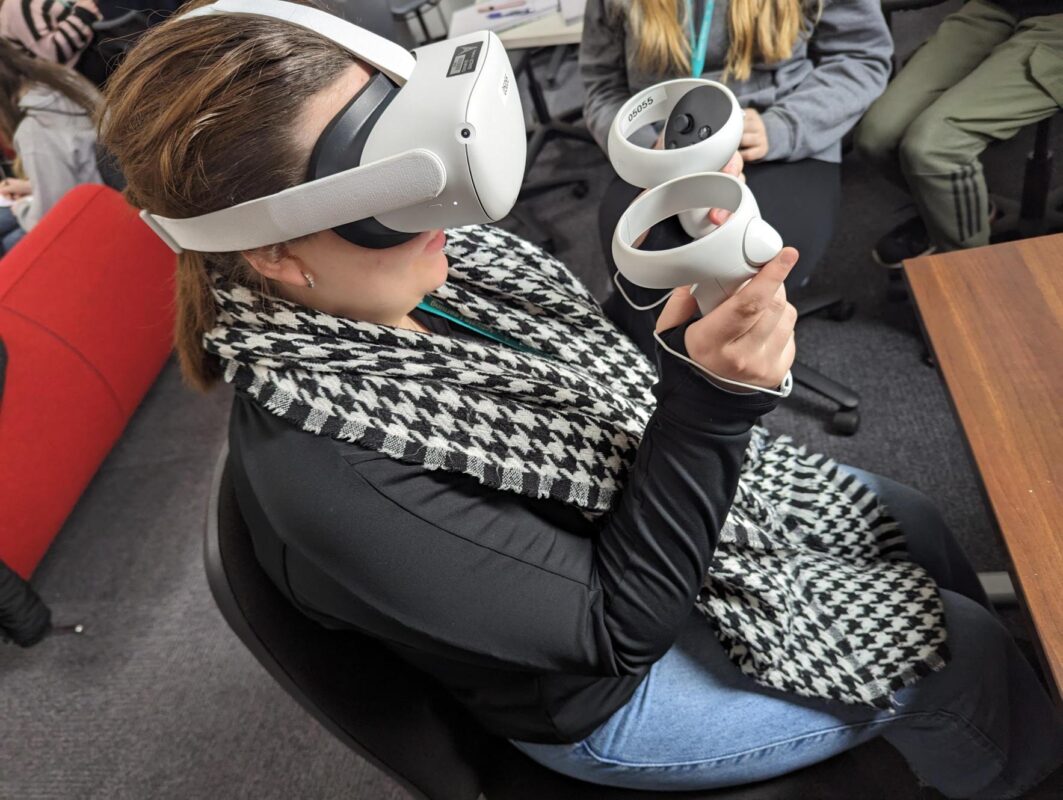Online education to continue to facilitate remote work – key to solving skills shortages in 2023

It is easy to think that the educational institutions we access to acquire skills have always been fit for purpose. Whether it be wars, plagues, economic booms or busts, educational institutions have had to evolve to respond to the external pressures they face. But the reality is that some are much better at adapting to change than others.
One of the biggest challenges for universities today, for example, is helping employers close the global skills gap. Recent research by McKinsey suggests 87% of employers are experiencing skill gaps and talent shortages, and an estimated 85 million jobs will be unfilled by 2030. Remote education and remote employment are solving this issue.
One of the positive impacts of the pandemic was the acceleration of digital transformation – with some studies estimating by up to five years in the space of a few months. New digital tools made work from home possible—even normal—with many businesses opting not to return to a 100% office-based model.
Even now, after the Covid-19 lockdowns have ended, remote employment continues to gain pace as employers seek to close the global skills gap by accessing a wider talent pool. Businesses are wising up to the fact that it makes more sense- economically and practically – to hire someone with the right skills on the other side of the world, than someone with the wrong skills that lives around the corner from the company headquarters.
Hiring remote talent becomes even more relevant amidst an ongoing global crisis, particularly as profit margins come down as economic regions are likely to pass through an economic downturn. The beneficiaries include talent in many emerging markets – who are today able to access previously off-limit employment opportunities due to their geographic location – promoting economic and social mobility and opening up opportunities to access the global employment grid.
Given the legitimacy of remote work, why then do we continue to insist on a campus-based educational system rather than one that allows workers to learn in the same manner that they earn?
Today’s modern technologies enable us to shop online, bank online, watch movies online – but online learning is not (yet) being fully embraced in the same way.
Yet the availability of quality, online education is one of the things that makes remote work possible. It is thanks to new skills-based programs available to learners digitally anywhere in the world that they no longer have to uproot to go to where the physical campuses of traditional schools are, and companies are then able to take advantage of this talent.
Nexford University sees its mission as enabling greater social and economic mobility across the world by providing learners access to high-quality, affordable, skills-based online education – irrespective of their location. Combined with Nexford’s professional mentorship offering – The Global Grid – learners gain the ability to tap into a virtual global employment grid, and global employers gain access to a wider talent pool.
So yet again, with international events creating new economic challenges, educational institutions and businesses must adapt to meet changing demands. New remote opportunities mean this can be done to the benefit of both learners and employers.
By Fadl Al Tarzi, founder and CEO of Nexford University












Responses